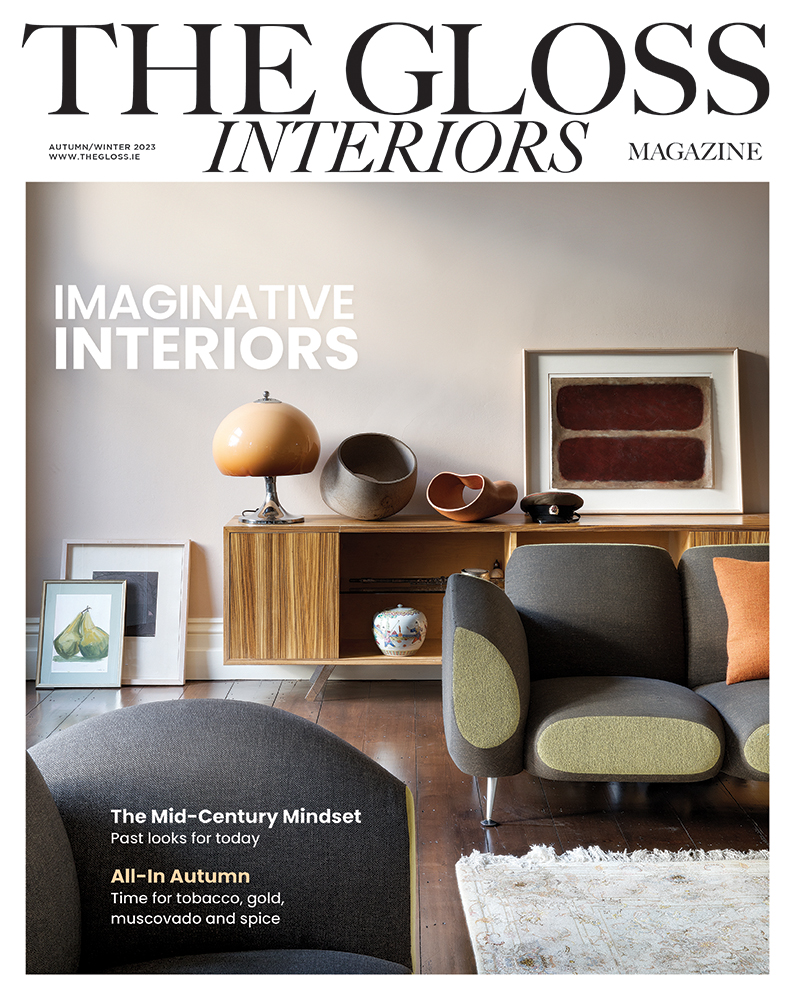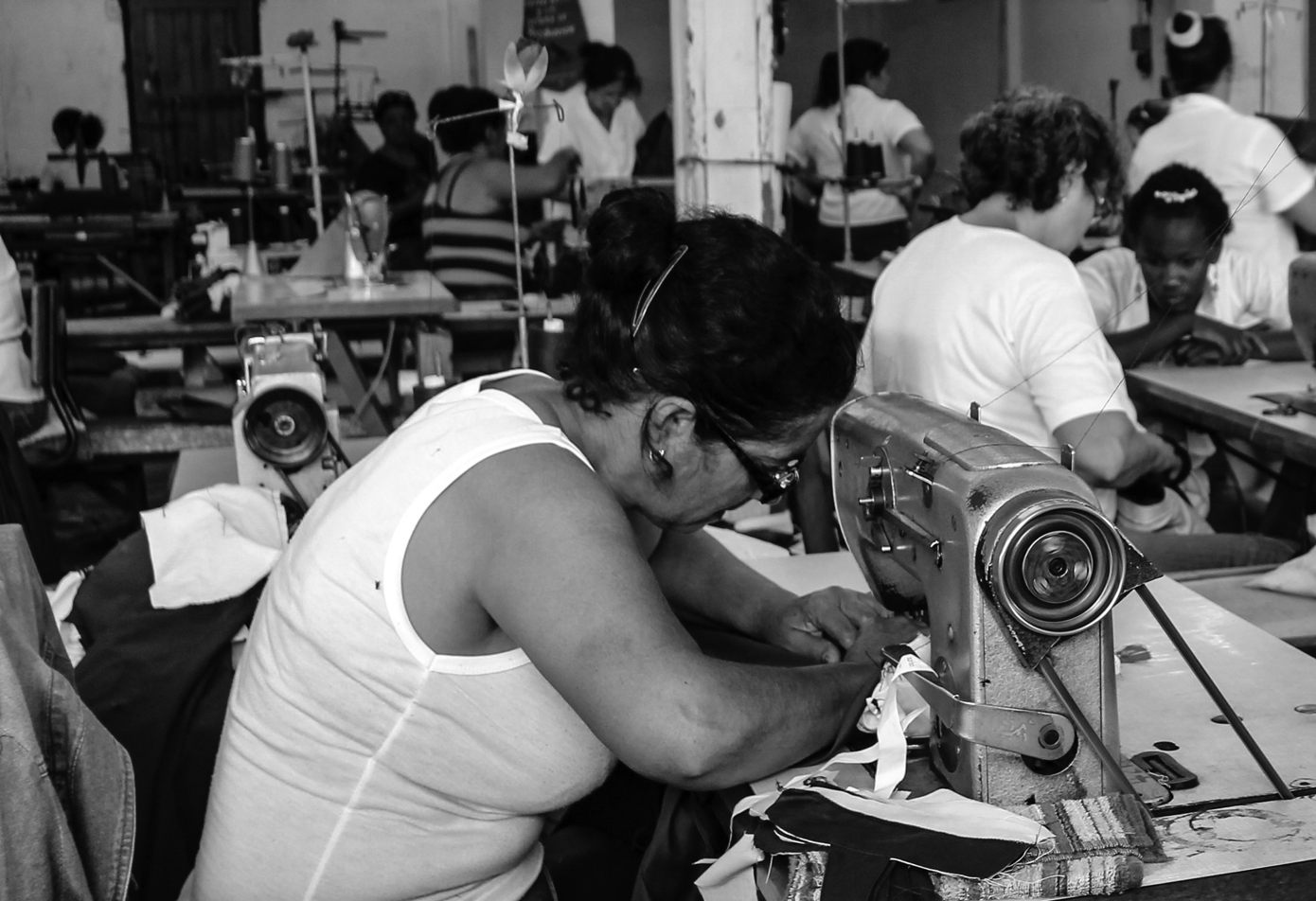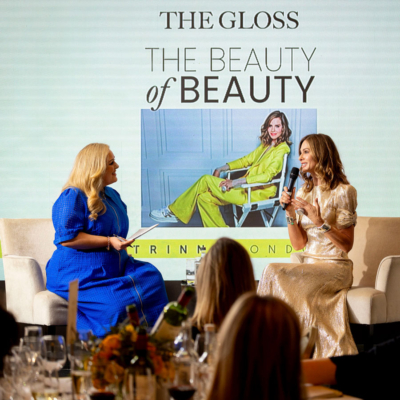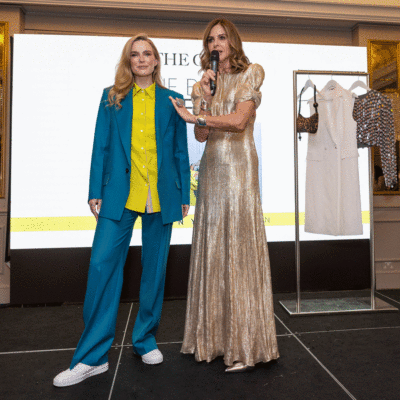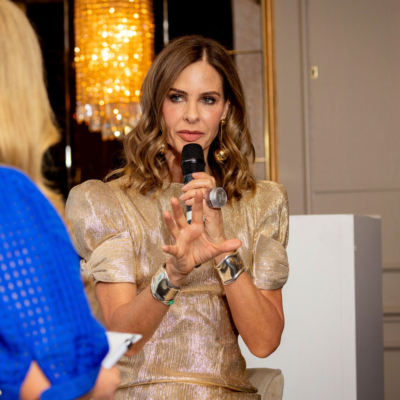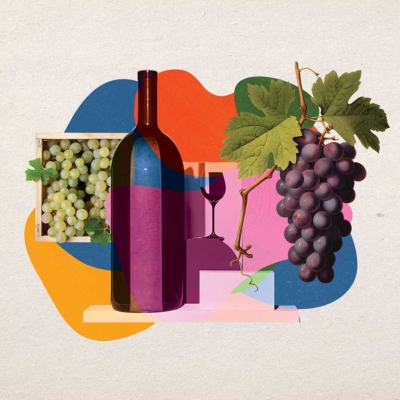An open and frank conversation about the fashion industry, consumerism, influencer culture and activism …
Prior to the world’s much anticipated strive towards global activism on behalf of the Black Lives Matter movement, the impact of the fashion industry in both a racial and sustainable context has orbited around my mind. I’ve spoken out about this before on my Instagram page, but I thought I’d tap into it again in light of current discussions circulating around fashion designers, the industry and influencer culture.
Over the last week I’ve witnessed what I deem to be an influx of performative activism. A black tile pasted onto a grid, soon taken down because it doesn’t fit in with an aesthetic, and then put back up again because it’s ‘trending.’ It’s more than frustrating to see. The disingenuous nature of Instagram has left me feeling conflicted ever since my own feed was labelled with the title ‘influencer account.’ I’ve spoken out about this before, but I’ll reiterate: I despise this term. Our generation has become the generation of influence without any real influence. A generation addicted to dopamine hits from likes, reposts, shares and comments. A generation willing to sell their soul for a gifted €5.00 T-shirt, all for the sake of a couple of hundred likes.
Last week, there was an outpouring of influencers posting black squares on their feeds, sharing images of Black women that in some way matched their aesthetic, as well as sharing Black influencer accounts in an attempt to “diversify their feeds.” Call me cynical but I find this to be utterly performative and self-serving. A box ticking exercise to show ‘solidarity’ for a day, maybe two. The following morning it was back to normal. The usual outfit posts emerged dressed head to toe in BooHoo, Pretty Little Thing, In The Style, Topshop, Reformation, NastyGal and ASOS’s latest cheaply assembled garments. These hypocritical actions undermine the BLM and anti-racism movements.
The fast fashion industry (and ultra-fast fashion industry which includes the likes of BooHoo, Nastygal and Missguided) has long been under the spotlight for its problematic treatment of workers, warehouse conditions and manufacturing practices. And as Sustainable Fashion Dublin put it in a recent discussion on their Instagram feed, the industry “relies on systemic discrimination, meaning those who make the clothes do not get access to the same rights and privileges afforded to those who wear the clothes.”
In 2018 Sarah O’Connor, journalist at The Financial Times, revealed that garment workers (predominantly POC and females) in Leicester in the UK working for BooHoo and other ultra-fast fashion companies were not being paid a minimum wage and were often left in unsafe conditions while working in what she calls “Dark Factories”, more reminiscent of the 19th century than the 21st. The owners of these companies are billionaires. What this highlights is that ultimately where you spend your money contributes to the cause you apparently believe in. Fast fashion can only exist through racial oppression, so putting a black square on your page and then advertising these brands makes you racist. Think about it. Do you want to actively support a brand whose profit comes at the expense of its workers?
Now I’m not saying I’m perfect, far from it. I’m still learning and educating myself on sustainable and racial matters within the fashion industry. But the concern is, as it stands, to be fully sustainable and anti-racist in fashion terms, I would need to lead my life as a nudist. Although tempting, I can’t see that happening anytime soon.
So, what’s the solution?
I strongly disagree that an inability to purchase higher end goods entitles anyone to a ‘get out of jail free card’ when it comes to racism and sustainability in fashion discourse.
Personally, when buying I ask myself these questions:
“Is this brand making efforts to become more sustainable?”
“What is this garment made of? Where has the material been sourced?”
“Are the garment workers working in safe environments and receiving a fair wage?”
“Could I get this second hand?”
“Is this garment interchangeable seasonally?”
“Does this item fit in with the rest of my wardrobe?”
“Could I make this myself?”
“Could I find something like this from a local designer?”
Even after asking myself these questions the same ultimate question comes to mind,
“Do I NEED this?”
Let’s face it, the answer is no. The world is however not that simple, we live in a consumerist society. We all have to start somewhere though, so I would recommend asking yourself these questions to get the ball rolling in a bid to elicit change.
This leads me to my own position in the world of Instagram and ‘influencing.’
In 2013 I was completely unaware of the emerging influencer culture. I started my feed to document the things I love; architecture, fashion, photography, day to day moments of beauty. I like to think I still stand by that origin. When I was unexpectedly approached by brands I promised myself that from there on in I would aim to advertise products that supported independent and local businesses; businesses that appreciated design and at least attempted to make moves towards sustainable practices. Despite advocating for this I have always been aware that buying locally and ethically produced products doesn’t come cheap. Realistically, as much as I would love to, I simply cannot afford to buy 100% ethically produced or locally sourced brands at €300-€400 a pop for a pair of trousers. However, there are ways around this. I strongly disagree that an inability to purchase higher end goods entitles anyone to a ‘get out of jail free card’ when it comes to racism and sustainability in fashion discourse.
There is simply no excuse for supporting cheap brands that discriminate against POC (predominantly female), who offer unsafe working conditions, illegal, unliveable wages and who use performative activism to maximise their audience and therefore their profits.
Again, I’m not completely naive to the world around me. Our society, filled with consumerist values, will see people continue to buy (rightly) within their affordability range. This doesn’t mean you need to support the pits of the fast fashion world and those producing in these “Dark Factories” where safety and welfare concerns come last and profit comes first. There are ways to buy high street priced clothing without causing quite so much damage. It’s not a solution, but it’s a start. I shop at high street stores COS and Arket. Although the likes of COS and Arket traditionally fall into the category of fast fashion, they do use long-lasting, sustainable materials where possible, offer an edit of well-scouted pieces from independent brands in store and online, and publish the sources and locations of their materials and factories so they can be held accountable. They are 100% not squeaky clean but I suppose what I’m trying to say is that at least they’re attempting to introduce the average consumer to a new way of shopping. In addition, where possible, consumers can also try to source garments from these stores first via Depop, an online second-hand marketplace. And before you do commit to a purchase ask yourself again, do you really need it?
This is by no means a finite conversation, simply something that has been on my mind throughout lockdown and in light of the conversations surrounding the Black Lives Matter movement. These discussions have once again allowed me the time to stop and reflect on the integrity of my platform. Going forward I want to ensure there is consideration in my day to day life, from my consumer behaviour and purchasing habits, to my acceptance of products, to holding myself and other content creators accountable for what they’re posting, advertising and apparently standing for.
In all honesty I think I will always be torn by the world of Instagram unless something vastly changes. I worry that regardless of changing up my consumer habits further and speaking out about all this, it will actually take the action of consuming nothing to cut out racial oppression, patriarchal tyranny and climate related impact.
But I suppose this is why I’ve written this, to start the conversation, talk, get the ball rolling and make the changes.
So let’s talk.
Follow @AoifeMulvenna on Instagram
LOVETHEGLOSS.IE?
Sign up to our MAILING LIST now for a roundup of the latest fashion, beauty, interiors and entertaining news from THE GLOSS MAGAZINE’s daily dispatches.

